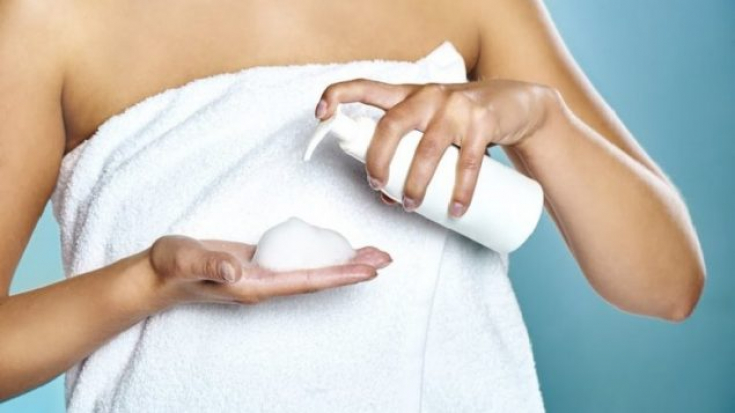– it is not just a daily ritual, but the main way to maintain your health. Each representative of the fair sex chooses the intimate hygiene product that is exclusively suitable for her. Many factors influence this choice, ranging from personal preferences and doctor's recommendations to religious and family traditions.
However, one – maintaining cleanliness. On estet-portal.com read about the features of delicate care, as well as
about the main physiological parametersthat can be influenced by intimate hygiene products. Why choosing an intimate hygiene product is so important
Recently, the market has seen an increase in the number of women's intimate detergents, and therefore it is important for a specialist to understand which of them are the safest and most effective.
The vulvovaginal area is the first line of defense against infection in the genital tract.
The skin of the external genitalia is particularly susceptible to constant moisture, friction, irritation, and is also unique in that it is covered with a thin stratum corneum containing large hair follicles, which facilitates the penetration of microbial and other substances.
Pollution often accumulates in the folds of the vulva, and increased humidity, sweating, menstruation and hormonal fluctuations affect the growth of microorganisms. In this regard, the cleansing of this zone is of great importance for maintaining women's health.
Vaginal cleanliness: the impact of microflora on women's health Infection resistance: natural protective factors
Normal vaginal flora, acidic vaginal pH and vaginal discharge are components of innate defense mechanisms that protect against vulvovaginal infections:
• Vaginal epithelial cells produce a range of compounds with antimicrobial activity, such as lysozyme and lactoferrin;
• resident bacteria help maintain an acidic pH and compete with exogenous pathogens;
• Lactic acid bacteria protect against pathogens by producing antimicrobial compounds such as bacteriocin.
It was previously thought that a healthy vagina is dominated by lactobacillus producing lactic acid, which contributes to the creation of an acidic environment in the intimate area (pH 3-4).
Read the latest articles inTelegram! However, the composition of healthy vaginal flora is more variable than originally thought, and in some healthy women lactobacilli are absent and replaced by other lactic acid bacteria such as Atopobium vaginae, Megasphaera spp., and/or Leptotrichia spp.

Various internal and external factors can affect the pH and microflora of the vulvovaginal area, among which one of the most significant exogenous – these are intimate hygiene products.
While vaginal douching is popular, there are no proven health benefits. Moreover, it can undermine innate immune defenses by altering the normal flora of the vagina, and increase susceptibility to infections, pelvic inflammatory disease, and endometriosis. Unlike douching, regular washing of the vulva is desirable to prevent the accumulation of vaginal discharge, sweat, urine, and feces.
While vulvar cleansing can be a useful adjunct to medical treatment, intimate hygiene products are not designed to treat infections. However, cleanliness and odor control products are emerging on the market, many of which can disrupt the pH of the vagina and the composition of the vulvovaginal microbiota needed to protect against infection.
Vaginal microbiome: bacteria guarding women's health Features of choosing an intimate hygiene product
In order to choose the right intimate hygiene product, it is enough to follow simple rules:
• it must be hypoallergenic;
• contain moisturizing ingredients such as glycerine;
• it is desirable that the product includes lactic acid, which will help in maintaining normal
acidity of the vulvovaginal area;
• The presence of natural plant extracts is acceptable, provided that there is no allergy to these components;
• Intimate hygiene products must not contain harsh soaps, only mild detergents.
Washing with only water or harsh surfactants can affect local flora and lead to dry skin and vulvar itching, thereby increasing the risk of infection.
It is also important to note that intimate hygiene products with antibacterial components (0.01% or 0.02% chlorhexidine) do not significantly affect the vaginal microflora.
In many cases, proper female intimate hygiene can help prevent or relieve the unpleasant symptoms of itching and abnormal vaginal discharge, and improve a woman's overall well-being. Therefore, it is important for the doctor to understand which remedies will bring the greatest benefit.
Dryness in the intimate area in women: a solution to a delicate problem







Add a comment